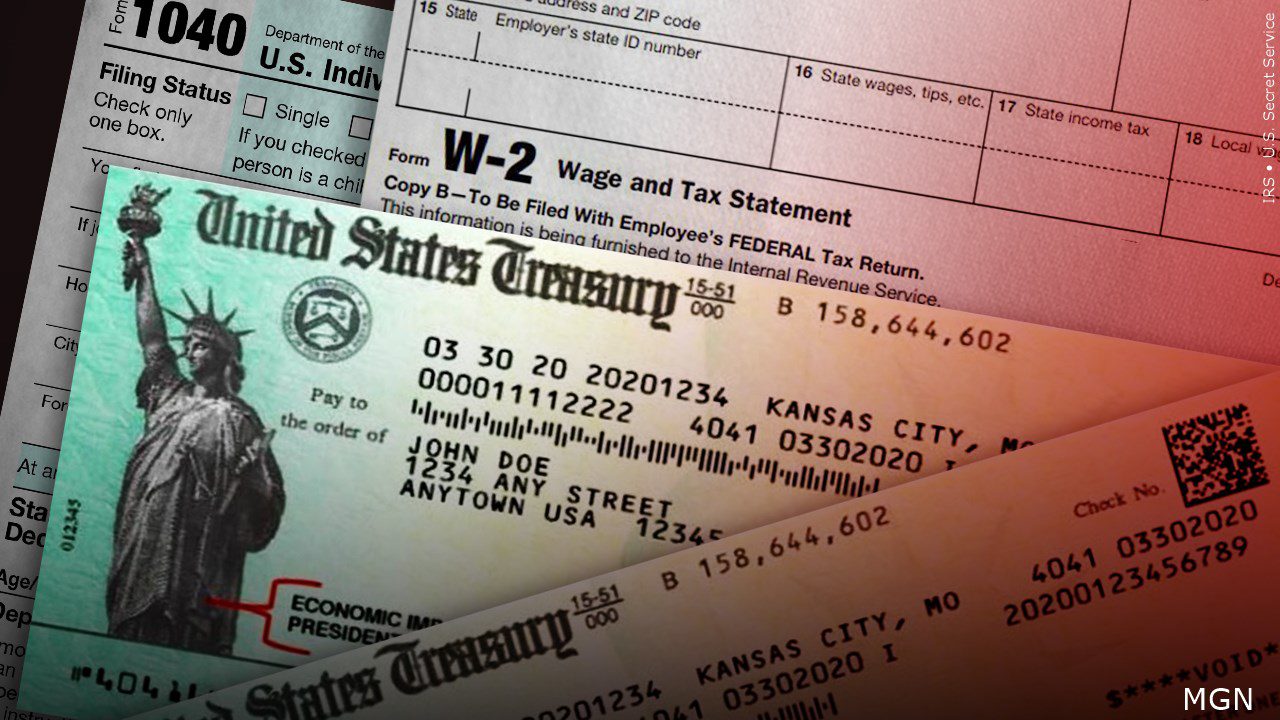In a move to ease financial burdens caused by the pandemic, the IRS announced last week that it will waive penalty fees for individuals and entities failing to pay back taxes totaling less than $100,000 annually for tax years 2020 and 2021. Nearly 5 million eligible taxpayers, mainly those earning under $400,000 per year, will benefit from the $1 billion relief initiative set to begin this week. The IRS’s decision stems from the temporary suspension of automated reminders during the pandemic, with the agency acknowledging the unique challenges posed by COVID-19.

Relief Measures and Eligibility Criteria
The relief initiative addresses the failure-to-pay penalties accrued during the pandemic, emphasizing the IRS’s commitment to supporting individuals financially impacted by unprecedented circumstances. IRS officials, including Commissioner Daniel Werfel, stress that the automatic relief will require minimal effort on the part of eligible taxpayers, highlighting the agency’s intention to streamline the process.
To qualify for the automatic relief, taxpayers must have filed specific tax returns (Form 1040, 1041, 1120 series, or Form 990-T) for tax years 2020 or 2021. Additionally, they should owe less than $100,000 in back taxes per year and have received an initial balance-due notice between February 5, 2022, and December 7, 2023. The IRS aims to provide a swift and straightforward resolution for those who meet these criteria.
IRS Commissioner Daniel Werfel reassures taxpayers that if they have already paid the failure-to-pay penalty, they will receive a refund. Emphasizing the agency’s supportive role, Werfel emphasizes that the IRS is aligned with taxpayers’ interests, particularly during these challenging times. The relief, a one-time measure, signifies the IRS’s acknowledgment of the extraordinary circumstances surrounding the pandemic.
READ ALSO: California Grants Free Healthcare to 700,000 Undocumented Immigrants Amid Fiscal Challenges
Future Plans and Communication
While the IRS plans to resume normal collection notices, the Tuesday announcement underscores that the relief is a unique response to the exceptional challenges posed by the pandemic. The agency acknowledges the need to return to standard communication practices while affirming its commitment to ongoing support for taxpayers.
Werfel concludes that the decision to grant relief was prompted by the extraordinary circumstances of the pandemic, reflecting the IRS’s responsiveness to the financial strains faced by individuals and businesses. The waiver of penalties is a testament to the agency’s adaptability during unprecedented times, emphasizing a collaborative approach to navigate the ongoing economic challenges.




